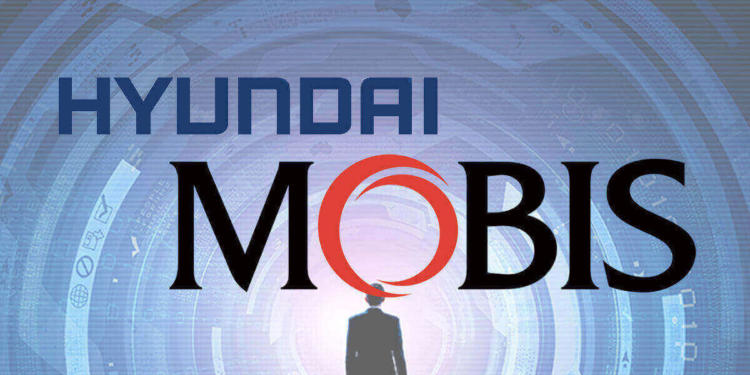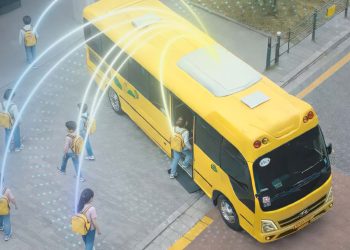Hyundai Mobis, a South Korean car parts maker, announced on Wednesday that it would inject around 1 trillion won ($810 million) in about 2000 R&D projects this year as part of its sustainability program for future mobility.
In a report, Hyundai Mobis said that the capital injection in R&D this year increased by 60 percent compared to 625.8 billion won ($506 million) in 2015. Hyundai Mobis already disbursed about 234.2 billion won ($189.3 million) in the first quarter of 2020 on R&D, amid the coronavirus pandemic.
Through this investment, the company’s workforce would increase by 5,000 to support its R&D. Hyundai Mobis provides the parts and services for South Korean automakers Genesis Motors, Kia Motors, and Hyundai Motor Co.
As the rapid growth of the global future mobility industry leans towards electric vehicles and self-driving cars, Hyundai Mobis pledges to strengthen its R&D. Currently, the company ranks seventh as the world’s largest auto parts maker, with plans for further expansion.
In Pursuit of Sustainable Future mobility
The Hyundai Motor Group affiliate presented three goals in its sustainability report. The company would focus on creating environment-friendly management and regulation guidelines; conceive value-based relationships with stakeholders and the community; and introduce new growth engines in key areas such as autonomous driving and electrification.
The company’s expansion program also includes collaboration with startups and companies abroad, creating innovative vehicle advancements such as the Advanced Driver Assistance System (ADAS) sectors, and infotainment systems of the future. The company would utilize its innovation centers in Shenzhen, China, and in Silicon Valley, U.S., to realize its expansion programs.
By 2025, Hyundai Mobis plans to convert its major manufacturing plants’ operations through solar power generation and energy storage systems. The company intends to reinvent itself from an energy consumer into an energy “prosumer.”
According to Hyundai, a prosumer is a consumer that could produce and consume energy simultaneously. In addition to upgrading its energy management system, it would also aggressively support its associates in environmental systems formation.
In 2019, Hyundai Mobis took partnered with Aptiv, a U.S. self-driving car company, and made a 62 billion won ($50 million) in Velodyne Lidar, an international leader in LiDAR technology. Lidar is an acronym for “light detection and ranging” system used in self-driving cars.
Early this year, Hyundai Mobis said that it plans to invest 4-5 trillion won ($3-4 billion) in R&D activities and developing future vehicle technologies; 3-5 trillion won ($2.4-4 billion) in electrified parts plants expansion; and around 150 billion won ($121 million) in startups.







